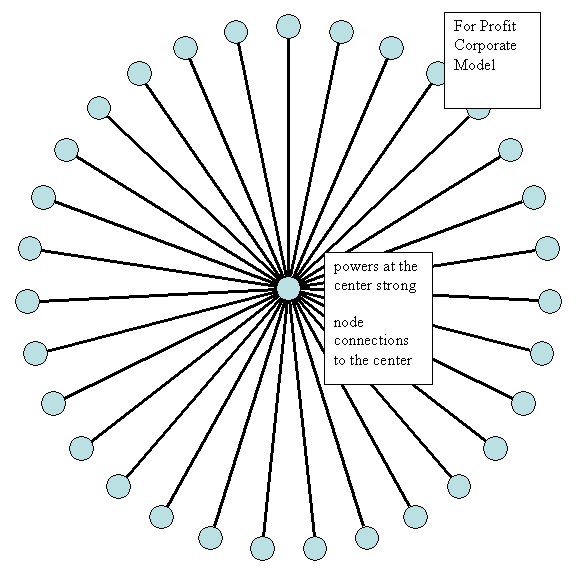
We have reached an inflection point in the history of information technology. For the first time Internet allows us to aggregate and distribute a universal public information, education and entertainment domain. Our capacity as individuals to generate and share useful and amusing content is a function of the number of creative people doing it, the affirmation they get from doing it, and the cost of the equipment needed to listen, express, connect, aggregate, integrate, archive, search, and distribute.
We can do that with resources right at hand.
Napster offered model of a searchable digital library open to distributed input and exchange. Grokster a weak cousin in terms of functionality it offers users. The idea that Law should protect one but not the other is ridiculous, based on ephemera beyond the pointer on the screen.
The lesson goes far beyond law of copyright. We are talking LAW writ large. We invite judges to help shed its corporate vestiges of babylon as it applies to open knowledge libraries. Grokster is a troublemaker for the dons of p2p. Our Code is Open, don’t you see. The Open Library of Knowledge will distribute p2p torrents of information seeded in a mirrored ring data bases rooted in time and space as firmly as engineers can plant them.
Our enterprise nonprofit. Wikipedia is a model. It’s structure’s strength lies in the ring of developing connections among its nodes, not in connection of the nodes to a center.
This differs critically from a for profit corporate model.
